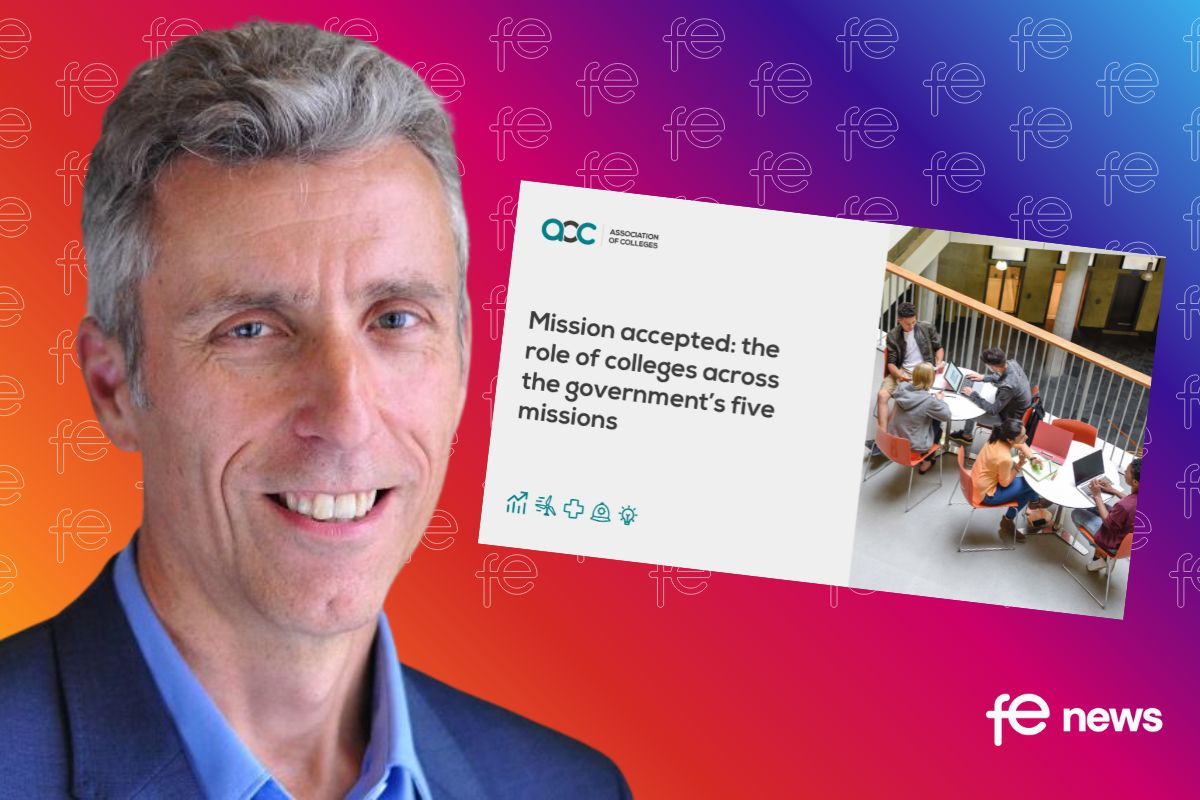Least advantaged students gain a lot from going to university – compared to what they would earn if they didn’t

Equal access to higher education for students from all socio-economic and ethnic groups is a key aim of UK education policy. New research at the Institute for Fiscal Studies (@TheIFS), commissioned by the @EducationGovUK, looks at the financial benefit that students from different socio-economic and ethnic groups derive from attending university.
The research finds that people from all socio-economic and ethnic groups benefit financially from going to university, but students from some groups benefit more than others. Among the state-educated, students from the poorest 20% of families have relatively large gains, even though their median earnings at age 30 are the lowest at only £25k for men and £21k for women. This is because we estimate that they would have earned much less still had they not gone to university. For state-educated 30-year-olds from the poorest 20% of families who did not go to university, median earnings are very low at £20k for men and £11k for women.
Similarly, Pakistani graduates have the lowest age 30 earnings of all ethnic groups at £23k for men and £19k for women, but their returns from going to university are still the highest. The reason is that, based on comparing similar people who did and didn’t go to university, it looks like Pakistani graduates would have earned much less had they not gone to university. Age 30 median earnings of Pakistani men and women who did not go to university are £13k for men and £11k for women.
This work draws on the government’s Longitudinal Education Outcomes (LEO) dataset, which combines school records, university records, and tax records for anyone who has sat GCSEs in England since 2002. Previous IFS analysis using LEO found that by age 29, women on average earn 26% more and men earn 6% more as a result of attending university. Over the whole life cycle, women will gain £100,000 and men will gain £130,000 on average from going to university after taxes, student loan repayments and foregone earnings are taken into account, but one in five students would overall be better off financially had they not gone to university.
This report investigates how these earnings gains vary by socio-economic background and ethnicity. The main findings are:
- University education pays off financially on average for people from all the socio-economic and ethnic groups we study, even after accounting for the effects of the tax and student loan system. This does not mean that everyone benefits, as there is substantial variation in returns within these groups. However, we estimate that within each ethnic and socio-economic group, two thirds or more of all graduates are overall better off financially as a result of going to university.
- Some socio-economic and ethnic groups benefit substantially more from going to university than others. Returns vary relatively little by socio-economic background among the state-educated, but if anything, those from the poorest families benefit the most, despite having the lowest median earnings at £25k for men and £21k for women. Among ethnic groups, average financial returns are highest for South Asian students, middling for White British students, and mostly lower for black students. Pakistani men and women achieve especially high average returns of more than 35% at age 30 and around £200,000 over the life cycle, despite having the lowest graduate earnings at age 30 (£23k for men and £19k for women).
- The privately-educated have especially high returns from attending university. Those who went to independent schools – especially men – benefit much more than state school students; men gain nearly 25% at age 30 and £250,000 over the life cycle. This is partly attributable to very high earnings for some university graduates who went to private school, but also partly to the relatively modest earnings (given their exam results) of independent school students who do not go on to university.
- These differences in returns can to some extent be explained by different institution and subject choices – but not entirely. High returns for independent school students can partly be explained by the fact that these students attend higher-return institutions; university subject choice appears to only play a minor role. Conversely, institution choice explains little of the variation in returns by ethnicity, but subject choice can explain a substantial amount: South Asian students achieve high returns in part because they are disproportionately likely to study financially lucrative subjects such as business, pharmacology, or law.
- Even for graduates, substantial differences in earnings between different socio-economic and ethnic groups remain after controlling for all other factors. In particular, among both graduates and non-graduates, white men on average earn significantly more than men from all non-white ethnicities after controlling for the full range of observable factors, including prior attainment, other background characteristics and – for graduates – subject studied and institution attended. Similarly, among the state-educated, those from wealthier families earn more than those from poorer families even after controlling for the full range of factors.
All of these results reflect the (predicted) outcomes of past cohorts and may not fully capture the experience of people currently in school or university. This is especially relevant in the context of the Covid-19 crisis, which may have widened inequalities between groups and affected the labour market value of different qualifications. Furthermore, it is possible that despite the rich background information available in the LEO data, our estimates may partly reflect the effect of unobservable factors rather than true differences in returns. It should also be noted that this study only looks at financial returns, but other personal and social benefits of higher education may be as or more important.
The results of this study should not be taken to imply that university is right for everyone. Higher education is not the only route available to young people, and does not pay off for all. Other routes such as apprenticeships or Further Education qualifications may be a better option for many.
‘The returns to higher education by socio-economic group and ethnicity’ is an IFS report written by Jack Britton, Lorraine Dearden and Ben Waltmann.
Sector Reaction
 Education Secretary, Gavin Williamson said:
Education Secretary, Gavin Williamson said:
“This Government is absolutely committed to equipping everyone, regardless of their background, with the skills and education they need to unlock their full potential, and make the career decisions that work best for them and their futures.
“Whilst we welcome the finding that our world renowned higher education sector delivers financial benefits for many, this is not the case for everyone, with equal or even higher earnings to be found through other routes such as apprenticeships and further education qualifications.”
Jack Britton, Associate Director at the IFS and a co-author of the report, said:
“Our results show that among students from the poorest families, few get rich as a result of getting a degree. However, going to university is still an especially good financial decision for these students. One reason – regrettably – is that earnings prospects for this group are otherwise quite low.”
Ben Waltmann, Senior Research Economist at the IFS and a co-author of the report, said:
“This report shows that university can to some extent level the playing field between people from different ethnic groups. However, significant gaps remain even among graduates and after controlling for prior attainment, subject and university choices, and a range of background characteristics. Strikingly, white men on average earn significantly more than men from all non-white ethnicities after controlling for the full range of observable explanatory factors.”
Steve Haines, Director of Public Affairs at Impetus said:
“[These] statistics show the benefits of higher education in boosting the future prospects of young people, particularly those from disadvantaged backgrounds.
“When combined with Impetus’ own analysis, the LEO data shows that the higher the level of education attained, the more likely a young person is to be in Education, Employment or Training (EET) and the smaller the gap between young people from disadvantaged backgrounds and their better-off peers.
“Essentially, the employment gap narrows with each rung on the education ladder.
“But we know that significantly fewer young people from disadvantaged backgrounds are achieving their English and Maths GCSEs, accessing Level 3 qualifications and going onto university. More must be done to support these young people through education so that everyone, no matter their background, can reap these benefits.”
Methodology: This report was commissioned by the Department for Education. It uses their Longitudinal Education Outcomes (LEO) data set. The LEO data set links school records, university records and tax records for everyone who took GCSEs in England since 2002.











Responses